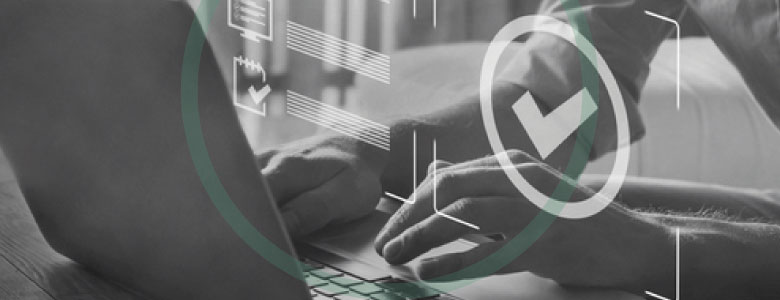As they say, teamwork makes the dream work.
When did you last work in a team where you were all beating to the same drum? What was it that made it special?
Now, more than ever, a team with a shared sense of identity will be able to navigate their way through change.
I recently worked with a team, using human centred design techniques, to develop a social contract – an agreement that sets the rules of play for team behaviours and norms.
Why have a social contract?
The social contract describes how a team will work together, with agreed behaviours and attitudes. The ways of working are grounded in trust - not control. It is driven by the team, in plain language, that’s visual and accessible.
What does it look like in practise?
Developing a social contract is an absolute must for any team post-change. It resets expectations, by the team and for the team.
It is particularly great for re-formed or newly created teams as my client discovered.
Working with a large, newly formed, and geographically dispersed team, we used the Rose/Thorn/Bud technique, to collect information on their past experiences to inform their desired future team experience.
Thinking about a team they had each worked in previously, participants were asked to identify a positive experience, a negative experience and a new goal or insight:
- Rose – what worked well?
- Thorn – what didn’t work?
- Bud – what are the opportunities or ideas yet to be explored?
Once these were identified, we used affinity clustering to organise experiences into logical groups or themes, drawing out patterns of behaviour for further exploration. The result was plain language statements.
For example, ‘open and honest conversations’ (very broad and not specific) versus ‘we share openly when there is too much or not enough work’ (which goes to the heart of the statement).
The team came up with things that really mattered to them and addressed issues that they had been struggling with for some time, like:
- ‘we turn up on time’
- ‘we do a respectful handover, rather than dump and run’
And my personal favourite:
- ‘no bright shiny things, only for the greater good’
The team now use their social contract for weekly meetings, particularly when they are seeing behaviours that need to be addressed immediately. It means everyone knows what’s expected of them and results in a ‘no surprises’ work environment.
Social contracts enable your team to hold each other to account for any deviation and it encourages team commitment and collaboration, leading to high performance.
Most importantly, it creates a shared sense of identity and that’s when the dream works!






